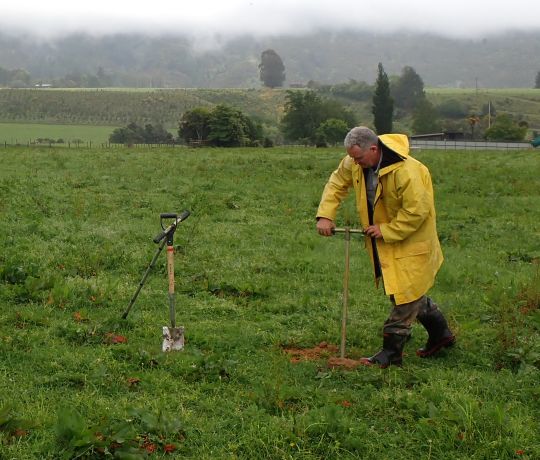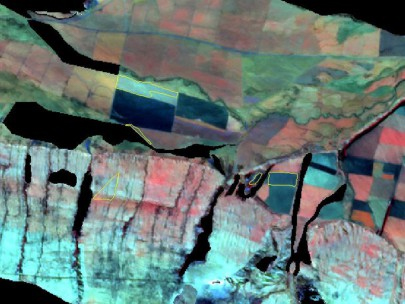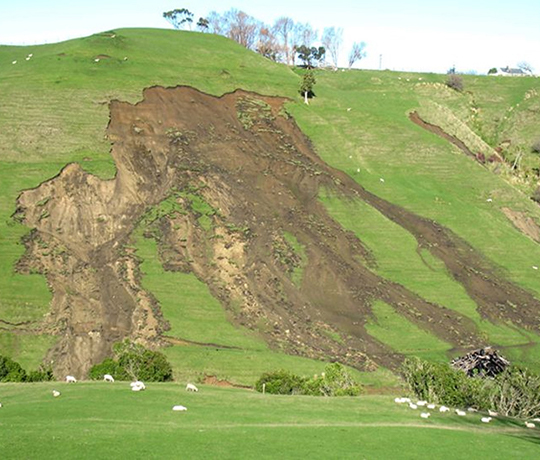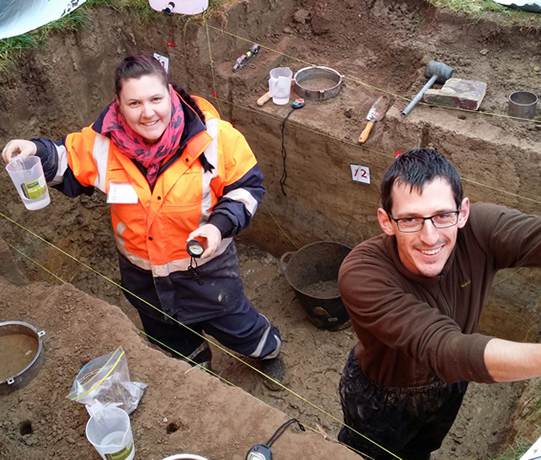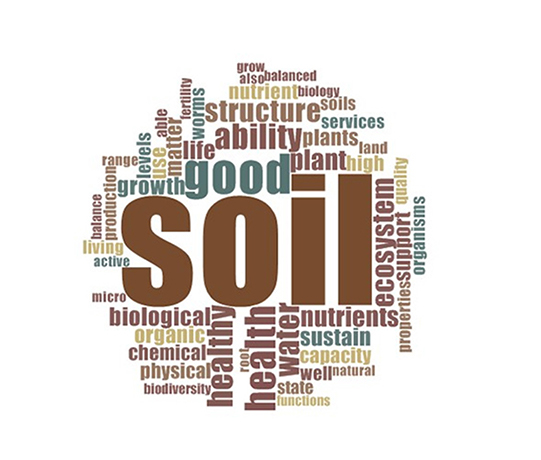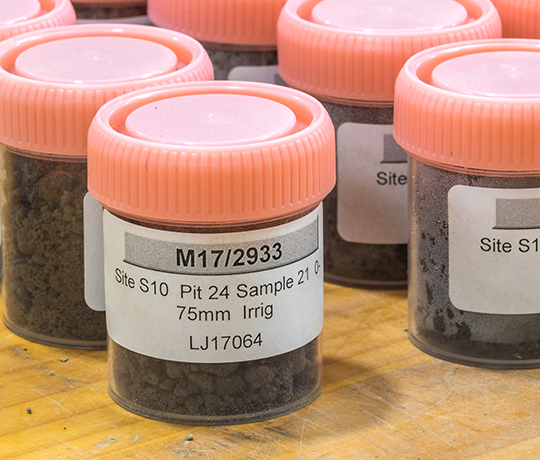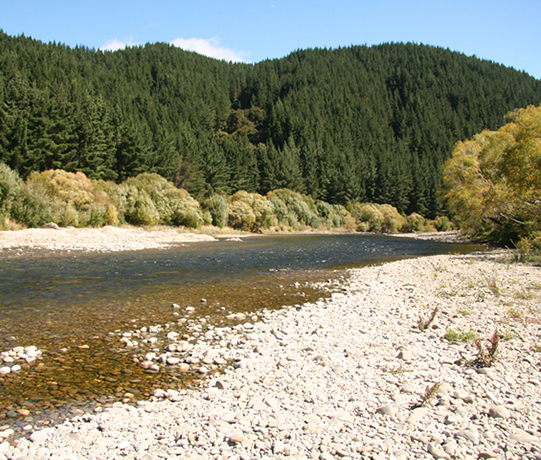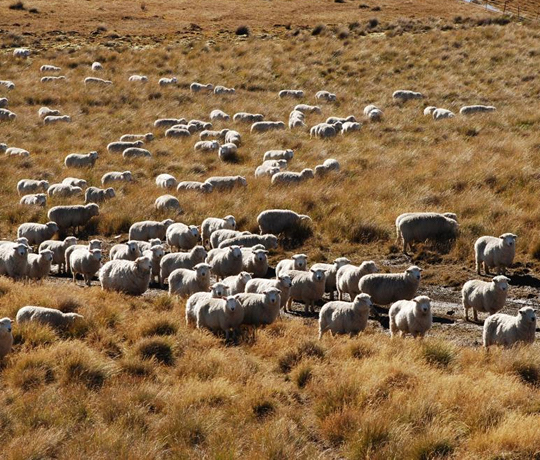Browse all projects
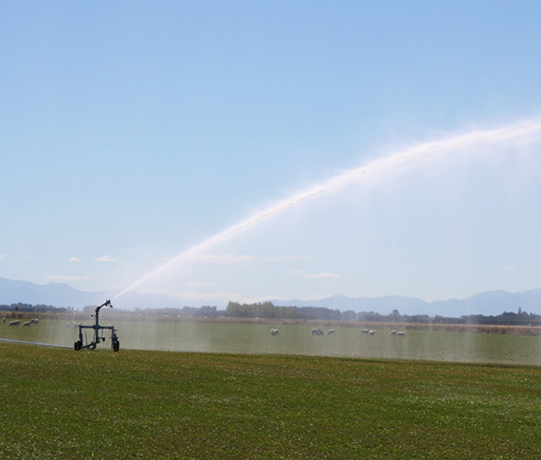
In this study we investigate the effect of irrigation on soil organic matter to determine the importance of region, soil type and irrigation duration. The ultimate aim is to identify where and how irrigation can be used to maintain or increase soil organic matter and the multiple associated benefits.
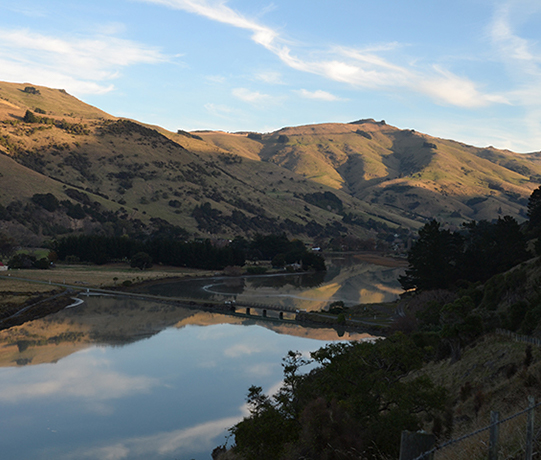
Improving our knowledge of the soils on Banks Peninsula and other hilly land in New Zealand is vital to making better land use and management decisions to safeguard and enhance the benefits of the New Zealand environment.
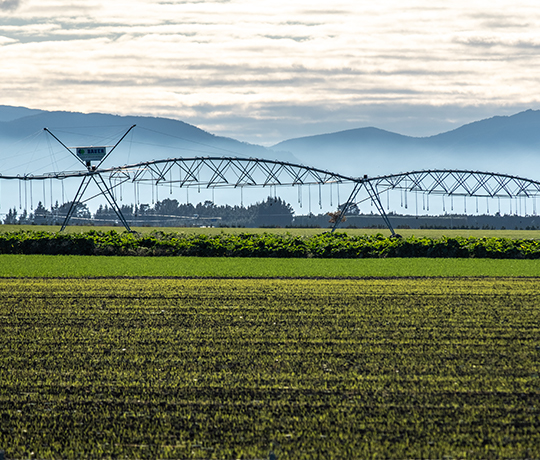
An improved understanding of soil water holding properties include better land management practices through irrigation scheduling, more accurate environmental reporting and regulation of reduced nutrient leaching.
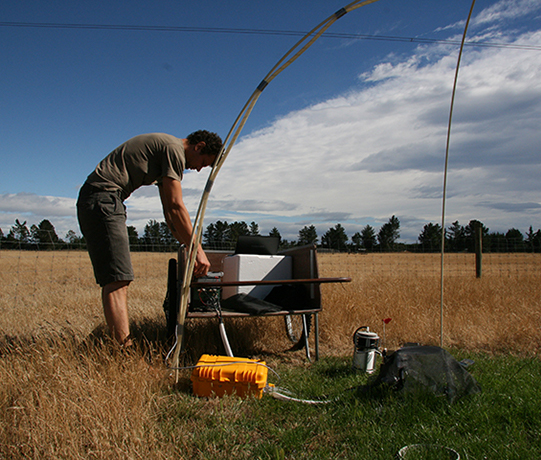
New Zealand’s managed grasslands occupy more than half the country’s total land area. Soil organic carbon stocks are inherently spatially and temporally variable, so sampling at field sites is problematic. A fit-for-purpose method is being designed to monitor soil carbon stocks at approximate 5-year intervals over upcoming decades.
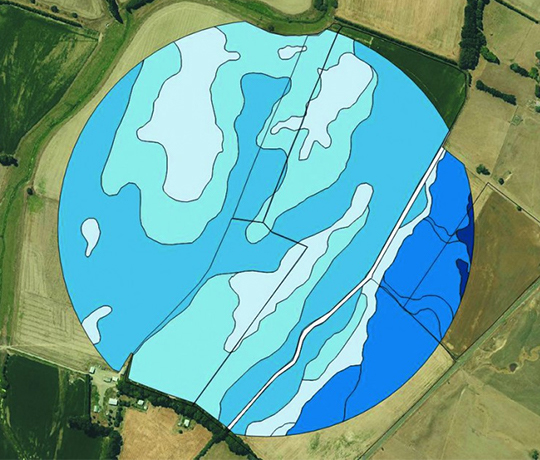
The new irrigation scheduling and measurement systems developed as part of the programme will enable New Zealand’s farmers to make effective irrigation decisions to improve productivity, reduce costs, and lessen the negative environmental impacts of overwatering.

SedNetNZ is an erosion model that predicts the generation and transport of sediment through river networks, based on a relatively simple physical representation of hillslope and channel processes at small sub-catchment scale.
